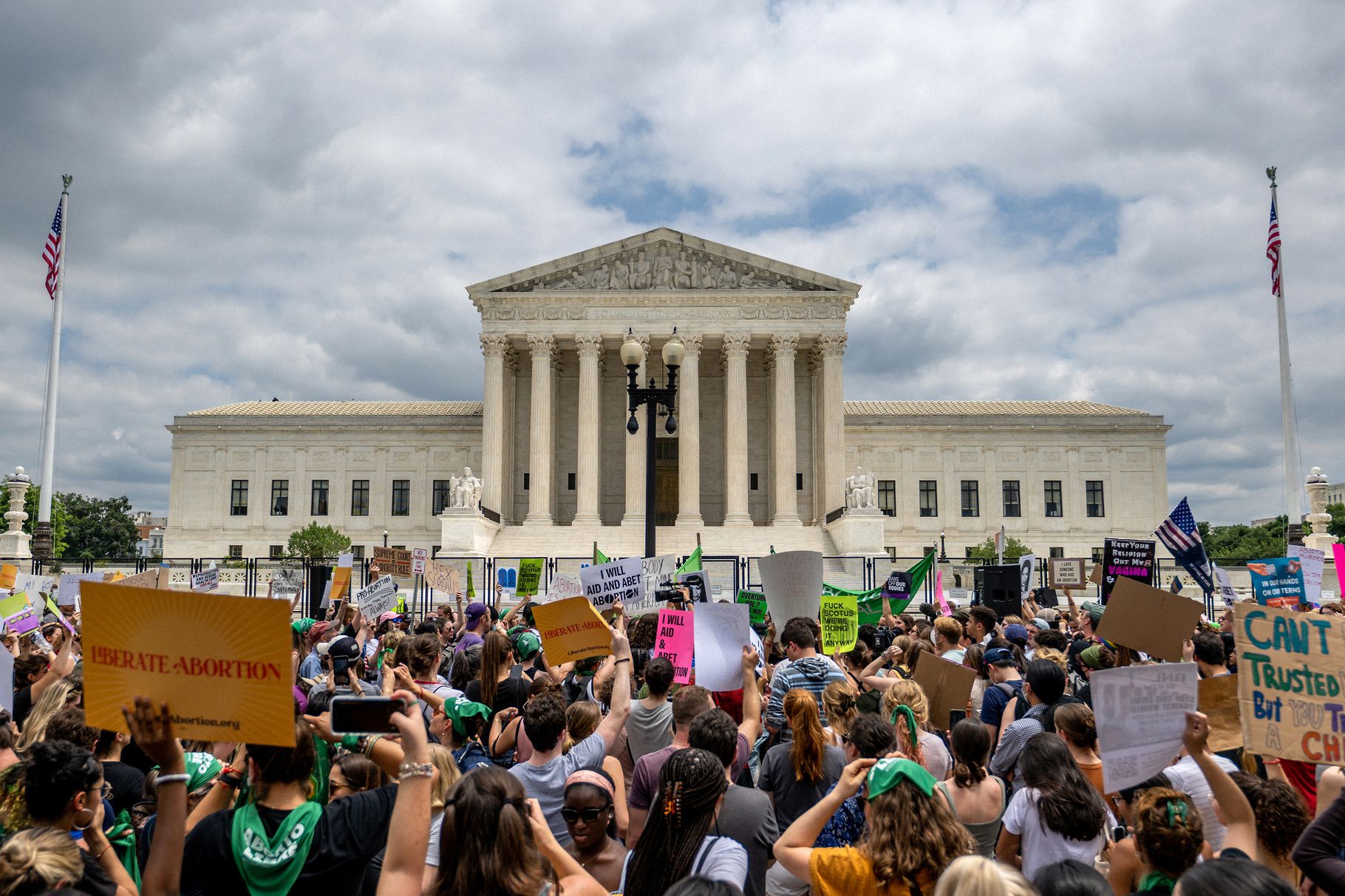ChangeLawyers files SCOTUS amicus defending affirmative action>
1 million Californians who work in public interest qualify for debt relief
More of This
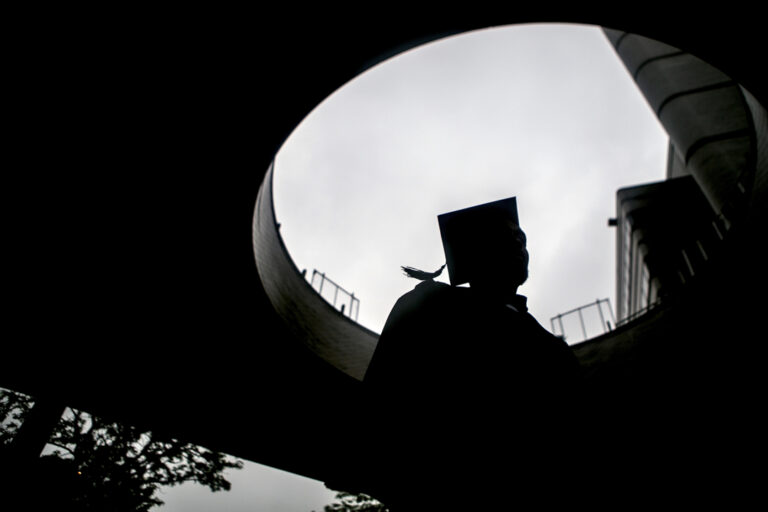
Nearly 1 million Californians who work in public service are eligible for student loan forgiveness, yet just 10,000 have received it. Now, they have until Oct. 31 to apply for federal debt relief. In an announcement that featured remarks by Gov. Gavin Newsom and Attorney General Rob Bonta, student loan advocacy groups kicked off a campaign to sign up eligible Californians.
“We’re relying on you employers to be the trusted messengers so we can reach as many borrowers as possible,” said Natalia Abrams of the Student Debt Crisis Center.
Bonta described how the federal student loan relief program, launched in 2007, was targeted by the Trump Administration, which refused to honor most applications for debt relief. Bonta said California took the U.S. Department of Education, under then-Secretary Betsy DeVos, to court over the matter.
Read the story on Sac Bee
SCOTUS is about to blow up American election law
Less of This

Members of the Supreme Court’s conservative supermajority just last week took the next step in a little-noticed, but extremely dangerous, project: attempting to jam into law a radical misinterpretation of the Constitution’s elections and electors clauses, which, if successful, would create electoral chaos across the country. Before next summer, and well in advance of the 2024 presidential election, the Court could strip state courts and state constitutions of their ability to check and balance state legislators when they make laws for federal elections, giving partisan majorities near-total control over how voters cast ballots and how those ballots are counted. And it would make the current Court—which already has a horrible track record on voting rights—the ultimate judge of whether the legislatures’ actions are legal.
The notion at the core of their project—the so-called independent-state-legislature theory—is on the fringes of American jurisprudence, so far out there that its few proponents have struggled to dredge up even the barest scraps of case law and history to substantiate it. But its supporters on the Court seem to believe they’ve found a shortcut around all of that with a case named Moore v. Harper, which they’ve just added to the Court’s docket for its term starting this fall.
The appeal traces back to this February, when the North Carolina Supreme Court undid an extreme partisan gerrymander of the state’s congressional map that would have given Republicans a large advantagein races for House seats. Several Republican state legislators asked the Supreme Court to restore the biased map for this spring’s primary elections. Their emergency filings claimed that the North Carolina state supreme court didn’t have the power to even review the legislatively drawn congressional map, despite the fact that the map violated several guarantees in the state’s constitution, because, in their view, neither state courts nor state constitutions should have a say in how federal elections are run.
Read the story on The Atlantic
What happens when SCOTUS is this unpopular?
Speaking Of...
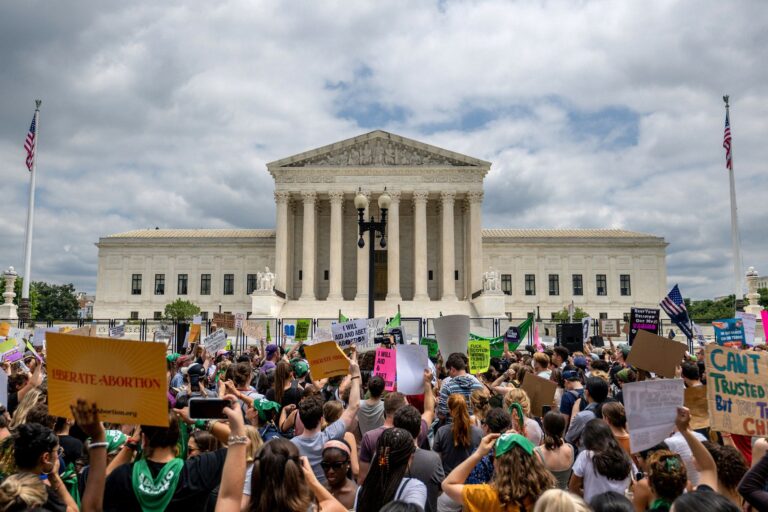
If Supreme Court justices were accountable to the people they govern, much of the Court would be freaking out right now.
A Gallup poll taken shortly before the Court overruled Roe v. Wade found that only a quarter of US adults have either a “great deal” or “quite a lot” of confidence in the Court — the lowest ever measured by Gallup. A Marquette poll, which most recently looked at public approval of the Court a few weeks after Roe was overruled, found that public approval of the Court has fallen an astonishing 28 points since Justice Amy Coney Barrett’s confirmation gave Republican appointees a 6-3 supermajority.
Shortly before Justice Ruth Bader Ginsburg’s death in September 2020 allowed former President Donald Trump to elevate Barrett, the Court’s approval rating stood at 66 percent in the Marquette poll. As of mid-July, it is at 38 percent.
Read the story on Vox
State courts are more important than ever
Say it Louder
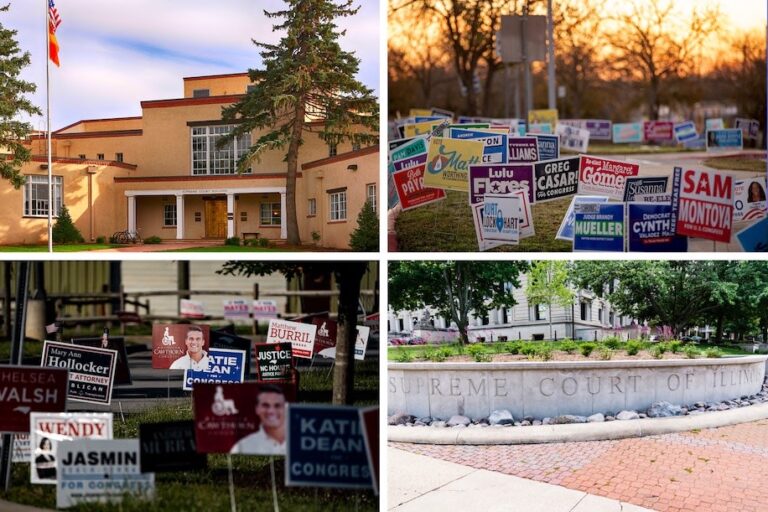
Mary Kay O’Brien had been working for a year to drum up interest in her campaign for Illinois Supreme Court, struggling to convince voters that it would affect them as a presidential or gubernatorial race would.
But “within 24 hours” of the U.S. Supreme Court’s decision to end federal protections for abortions, levels of interest in judicial races like hers skyrocketed, said O’Brien, a Democratic appellate judge.
“There’s no question that it energized and mobilized, especially young people and women,” she said. “It’s something that I think was just a complete alarm bell to some people.”
All over the country, the Dobbs decision has drawn attention to the power of state judiciaries, transforming once-sleepy races into high-energy elections that could bring out voters focused on abortion and other civil rights issues, candidates, legal experts and party officials said. Even where abortion has not yet been on the docket since the fall of Roe v. Wade, courts are making decisions on hot-button issues from gerrymandering to affirmative action.
Read the Story on Washington Post
Next Gen Awards 2022
Save the Date
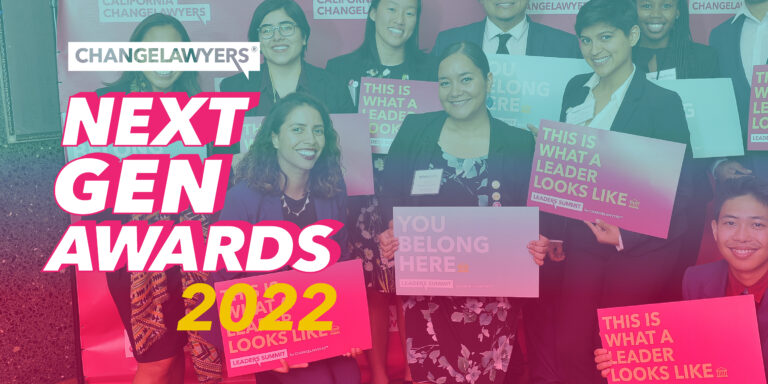
Our first in-person event in over 2 years!
More details here >




